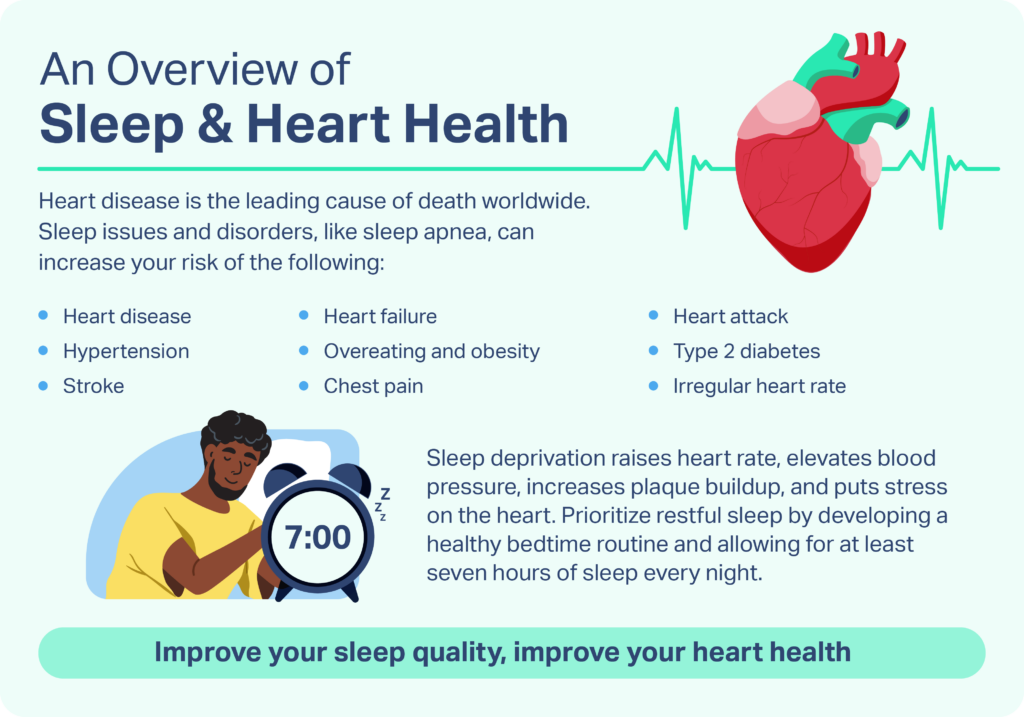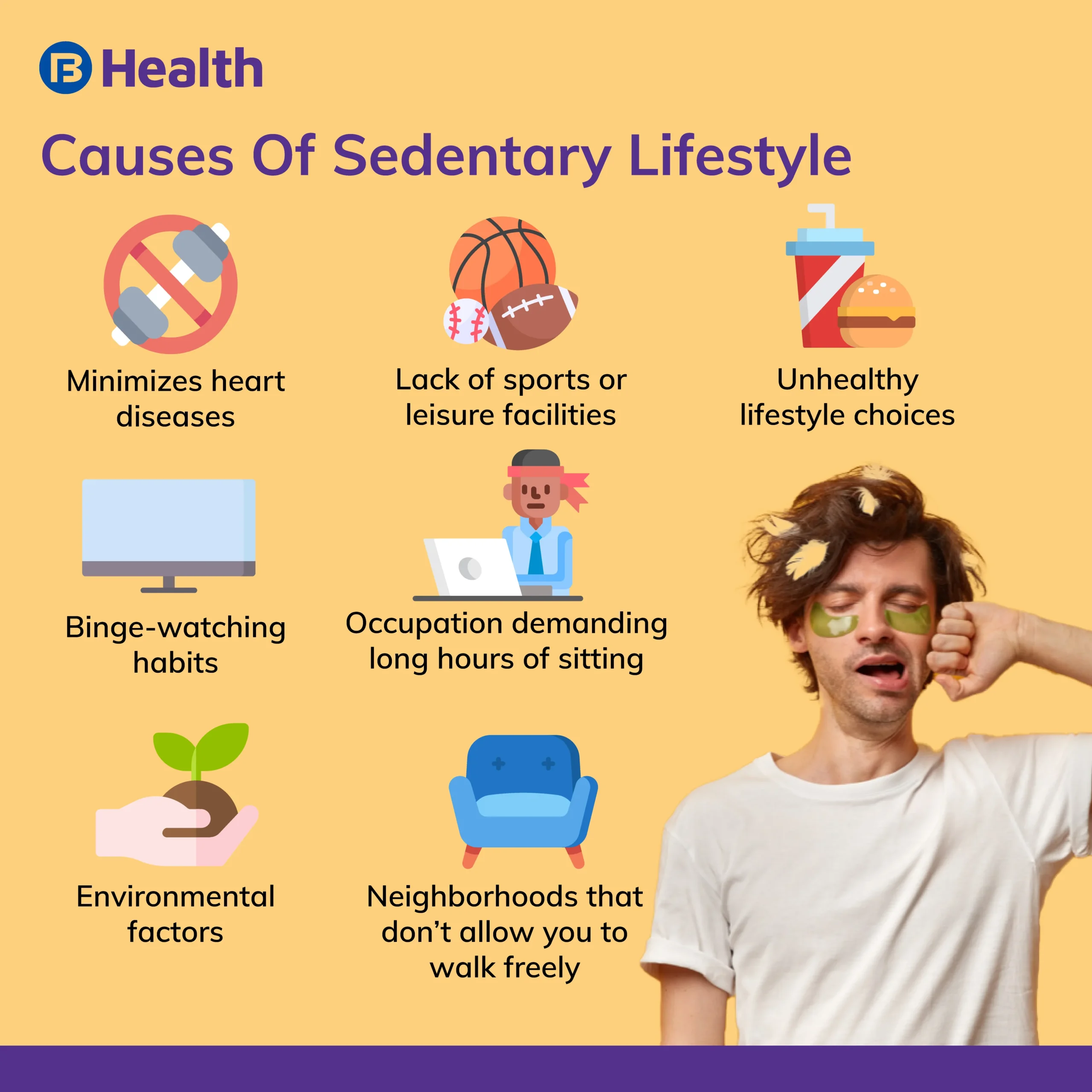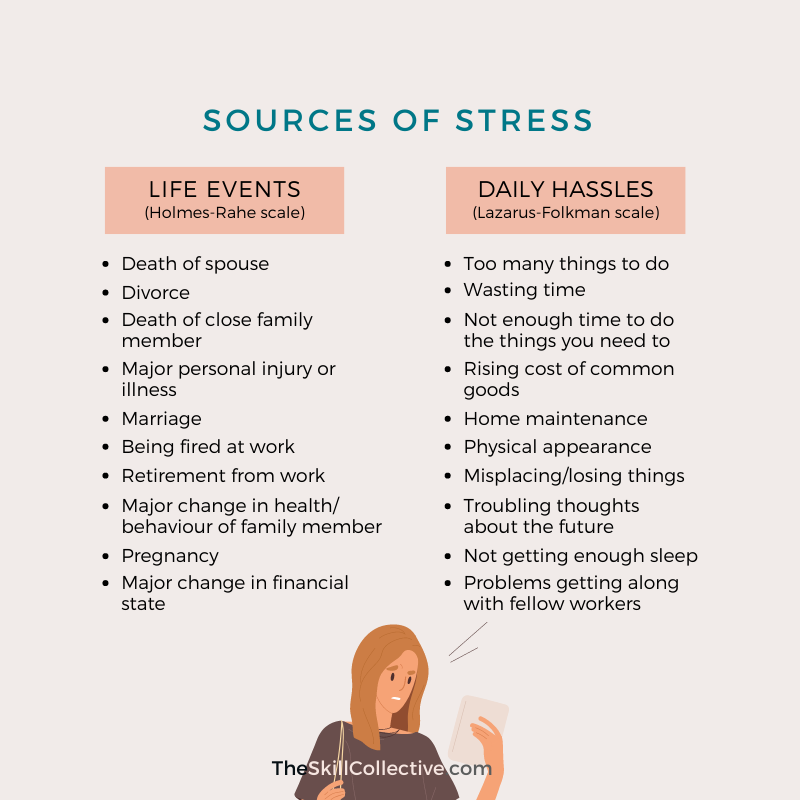Sleep deprivation is a significant public health concern, intricately linked to the development of various lifestyle diseases. Chronic insufficient sleep disrupts hormonal balance, impairs metabolic functions, and elevates inflammation, thereby increasing the risk of conditions such as cardiovascular diseases, diabetes, obesity, and mental health disorders. Addressing sleep deprivation through improved sleep hygiene and lifestyle modifications is crucial for mitigating these health risks.
Introduction
In today’s fast-paced world, sleep often takes a backseat to work, social obligations, and screen time. However, chronic sleep deprivation is more than just a minor inconvenience—it is a significant contributor to the development of various lifestyle diseases. Understanding the mechanisms through which inadequate sleep affects health is essential for prevention and management.
The Science Behind Sleep and Health
1. Hormonal Disruption
Sleep plays a critical role in regulating hormones that control appetite, stress, and metabolism. Inadequate sleep leads to an imbalance in hormones such as ghrelin and leptin, which regulate hunger, and cortisol, the stress hormone. This hormonal imbalance can increase appetite, particularly for high-calorie foods, and may contribute to weight gain and metabolic disorders.
2. Impaired Metabolic Function
Chronic sleep deprivation affects insulin sensitivity and glucose metabolism, increasing the risk of developing type 2 diabetes. Studies have shown that individuals who consistently sleep less than six hours per night have a higher risk of insulin resistance and impaired glucose tolerance. Harvard Health
3. Increased Inflammation
Lack of sleep triggers an inflammatory response in the body, elevating levels of pro-inflammatory cytokines. Chronic inflammation is a known risk factor for cardiovascular diseases, obesity, and autoimmune disorders. Nature
Lifestyle Diseases Linked to Sleep Deprivation
1. Cardiovascular Diseases
Sleep deprivation is associated with an increased risk of hypertension, heart disease, and stroke. Insufficient sleep disrupts the body’s circadian rhythm, leading to elevated blood pressure and increased stress hormone levels. A study found that individuals who slept fewer than six hours per night had a 10% higher risk of developing hypertension. Verywell Health
2. Type 2 Diabetes
Chronic sleep deprivation affects insulin sensitivity and glucose metabolism, increasing the risk of developing type 2 diabetes. Research indicates that individuals who consistently sleep less than six hours per night have a higher risk of insulin resistance and impaired glucose tolerance. Harvard Health
3. Obesity
Inadequate sleep can lead to weight gain by disrupting hormonal balance, increasing appetite, and reducing physical activity levels. Studies have shown that sleep-deprived individuals are more likely to choose high-calorie foods and have a slower metabolism, contributing to obesity. Harvard Health
4. Mental Health Disorders
Sleep deprivation has a significant impact on mental health, increasing the risk of depression, anxiety, and cognitive decline. Chronic insomnia, for example, has been linked to accelerated brain aging and an increased risk of developing dementia. Tom’s Guide
Real-Life Examples
Case Study 1: Sarah’s Struggle with Weight Gain
Sarah, a 35-year-old marketing professional, often sacrifices sleep to meet work deadlines. Over time, she noticed an increase in her weight despite maintaining a balanced diet and regular exercise routine. Upon consulting a healthcare provider, Sarah learned that her sleep deprivation was disrupting her hormonal balance, leading to increased appetite and weight gain. After prioritizing sleep and improving her sleep hygiene, Sarah experienced weight stabilization and improved overall health.
Case Study 2: John’s Battle with Hypertension
John, a 50-year-old accountant, had a family history of heart disease. He often worked late into the night, averaging only five hours of sleep per night. Routine check-ups revealed that John had developed hypertension. His doctor explained that chronic sleep deprivation was contributing to his elevated blood pressure. By adopting a consistent sleep schedule and reducing nighttime work, John’s blood pressure improved over several months.
Frequently Asked Questions (FAQs)
1. How much sleep do adults need?
Most adults require 7 to 9 hours of sleep per night for optimal health. Consistently getting less than this amount can increase the risk of developing chronic diseases.
2. Can sleep deprivation affect my immune system?
Yes, inadequate sleep can weaken the immune system, making the body more susceptible to infections and illnesses.
3. Is it possible to recover from sleep deprivation?
While catching up on sleep can help alleviate some immediate effects, chronic sleep deprivation requires consistent improvements in sleep habits to restore long-term health.
4. How does sleep deprivation affect children?
In children, insufficient sleep can lead to behavioral problems, poor academic performance, and an increased risk of developing obesity and diabetes.
5. Can napping compensate for lost sleep?
Short naps can provide temporary relief from sleep deprivation, but they do not replace the benefits of a full night’s sleep.
6. Does sleep quality matter more than sleep quantity?
Both sleep quality and quantity are important. Poor-quality sleep can negate the benefits of adequate sleep duration.
7. Can sleep apnea contribute to lifestyle diseases?
Yes, untreated sleep apnea can lead to high blood pressure, heart disease, and stroke.
8. How does stress impact sleep?
Chronic stress can interfere with sleep patterns, leading to insomnia and other sleep disorders.
9. Are there medications that can help with sleep?
While some medications can aid in sleep, they should be used under the guidance of a healthcare provider, as they may have side effects and are not a long-term solution.
10. What are some tips for improving sleep hygiene?
- Maintain a consistent sleep schedule.
- Create a comfortable sleep environment.
- Limit screen time before bed.
- Avoid large meals and caffeine close to bedtime.
- Engage in relaxation techniques, such as meditation or deep breathing exercises.
Conclusion
Sleep deprivation is a significant contributor to the development of various lifestyle diseases, including cardiovascular diseases, diabetes, obesity, and mental health disorders. Understanding the mechanisms through which inadequate sleep affects health is essential for prevention and management. By prioritizing sleep and adopting healthy sleep habits, individuals can reduce their risk of these chronic conditions and improve their overall well-being.




